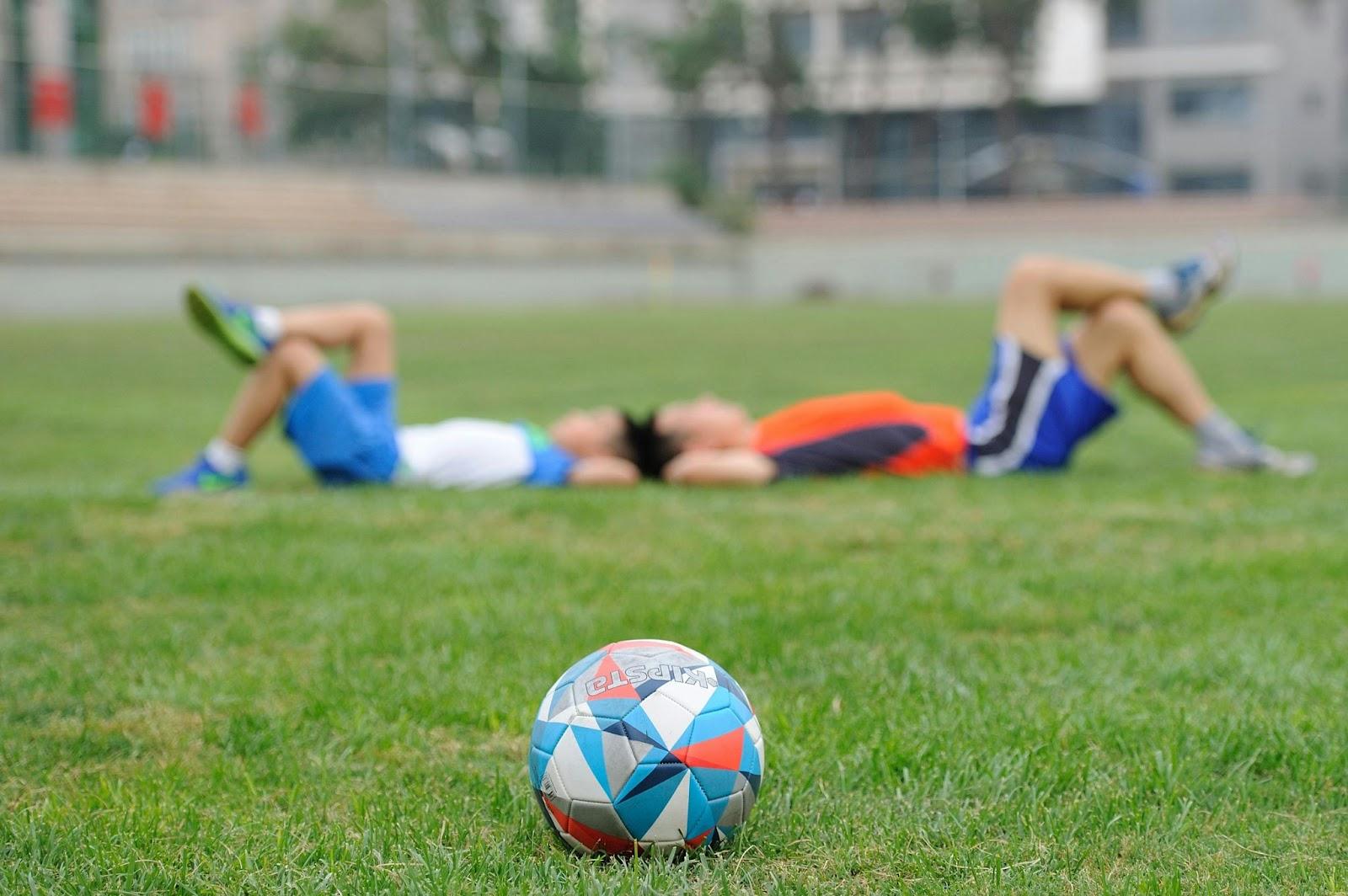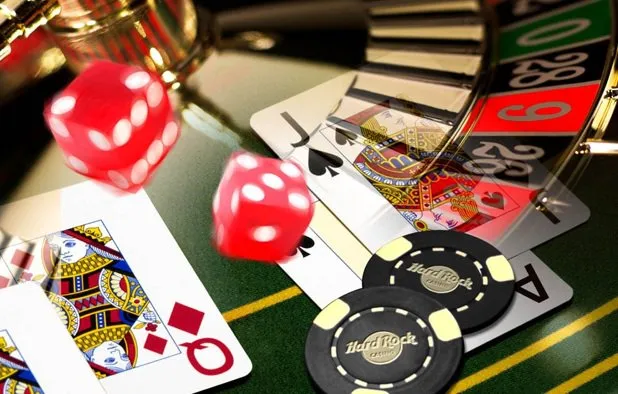How Team Sports Create Lifelong Friendships

Team sports have always been about more than just competition. While the thrill of the game and the drive to win play a role, the bonds formed between teammates often last far beyond the final whistle. Whether you’re on a school team, part of a local league, or simply playing casually with friends, team sports create an environment where meaningful and lasting friendships naturally develop.
Why Team Sports Foster Connection
Unlike solo activities, team sports rely heavily on collaboration. Players must communicate, trust each other, and work toward a common goal. These shared experiences form strong bonds because everyone goes through the same challenges and victories together. Winning feels sweeter when celebrated as a group, and losses feel lighter when shared among teammates.
The Power of Shared Goals
When people pursue the same goal, it creates a sense of unity. In sports, that shared goal is often as simple as scoring more points than the other team. But beyond that, it’s also about showing up for practice, improving skills, and growing together as a group. These collective efforts build friendships rooted in commitment and mutual support, qualities that extend well beyond the playing field.
Friendship Through Camaraderie
The camaraderie of team sports often comes from the little moments: inside jokes in the locker room, pep talks before big games, and the shared pride of wearing matching uniforms. Something as simple as putting on softball jerseys or team gear creates a sense of belonging that strengthens group identity. This shared identity often translates into friendships that feel more like family.
How Sports Create Lasting Bonds
Team sports provide countless opportunities for teammates to bond both on and off the field. Some of the most common include:
- Practices: Hours spent training together build trust and understanding.
- Games and Tournaments: Shared victories and defeats create unforgettable memories.
- Travel: Road trips and overnight tournaments strengthen connections beyond the sport.
- Social Events: Team dinners, celebrations, and gatherings foster deeper personal relationships.
- Mutual Support: Players often lean on each other during tough times, forming stronger bonds.
These experiences create a solid foundation for friendships that can last for years, even after players move on from the sport itself.
Sports and Mental Health Benefits
Team sports don’t just create friendships—they also enhance mental well-being. According to the Aspen Institute’s Project Play, kids who play team sports are more likely to report high levels of social well-being and lower levels of loneliness compared to those who don’t. Having a strong support system through sports helps individuals build confidence, reduce stress, and feel more connected to others.
Friendships That Last Beyond the Game
The friendships formed in sports often extend well past the playing years. Many adults fondly look back at their high school or college teammates as lifelong friends. These relationships endure because they were built on trust, loyalty, and countless shared experiences. For many, teammates become part of their personal support system long after the final season ends.
Final Thoughts
Team sports go far beyond wins and losses—they create lasting bonds between people. From wearing softball jerseys to celebrating hard-fought victories, the experiences shared on a team foster connections that often turn into lifelong friendships. By building trust, offering support, and creating joyful memories, team sports show us that the true reward of playing isn’t just the game itself, but the people you play it with.




